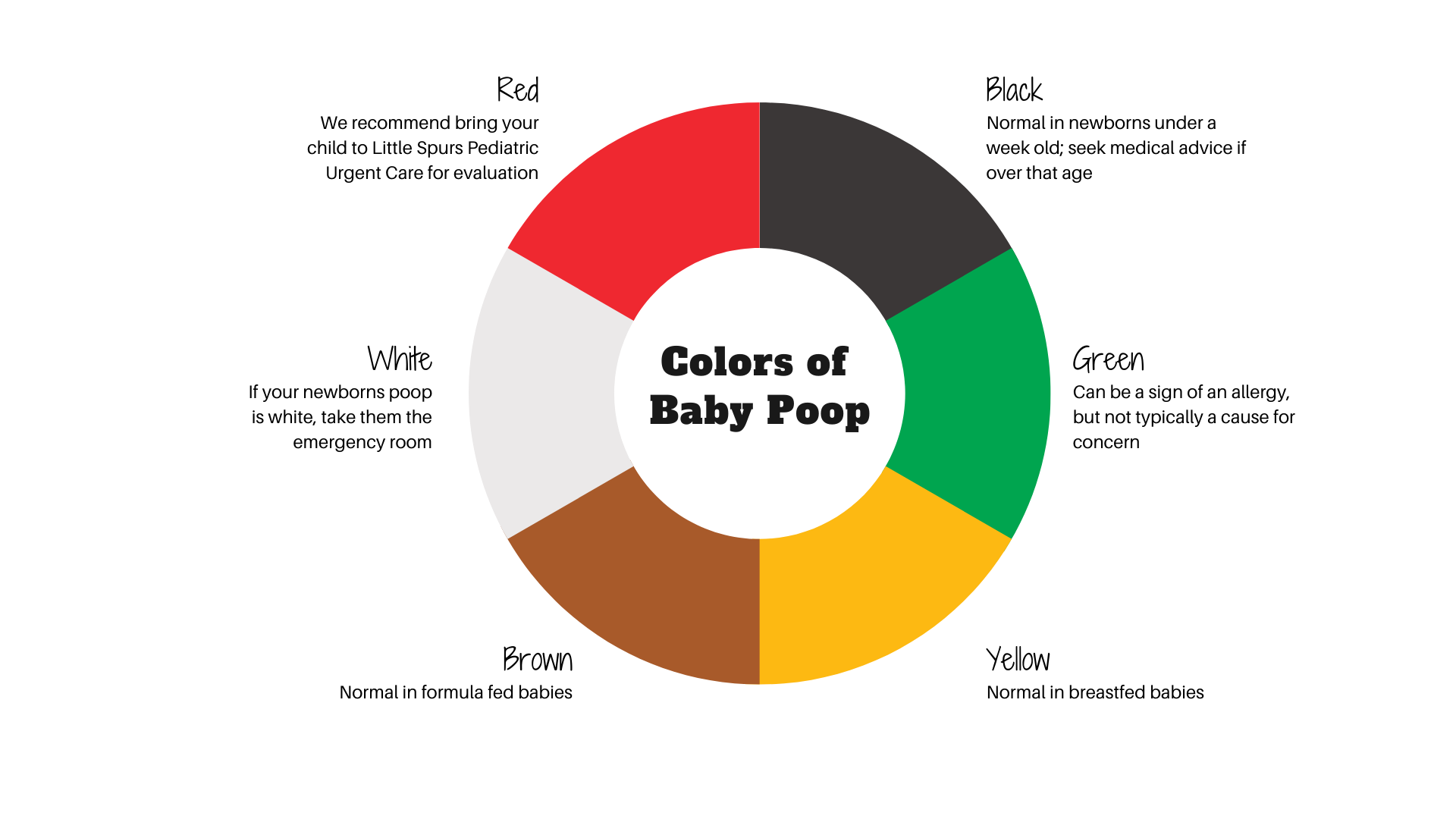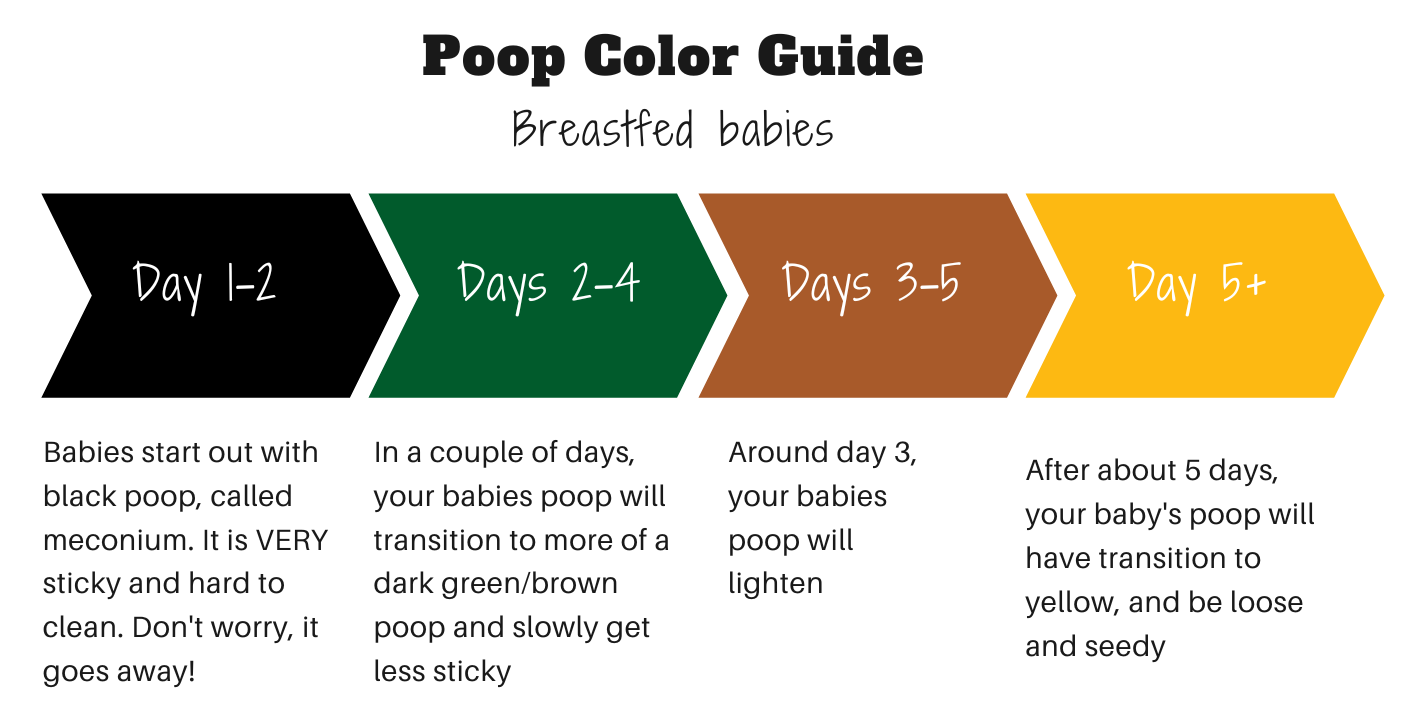
Here to Help
Welcoming a newborn into the world is such an exciting and joyful time for any family. However, it also brings forth a multitude of questions and uncertainties for new parents. From feeding and sleeping patterns to diaper changes and developmental milestones, navigating the early stages of a baby’s life can feel overwhelming.
On this site, our goal is to address some of the most commonly asked newborn questions. Whether you’re seeking guidance on soothing a fussy baby, worried about their eating habits, or wondering about the best practices for infant care, we’ve got you covered. Let’s delve into the world of newborns and find answers to the questions that are on every parent’s mind.
Don’t see your question? Click below and fill out the form!
Newborn FAQs
We’re here to support you and provide valuable information during this new stage of life. To help you find what you need quickly, you can either click on a topic button or enter keywords in the search bar. We aim to make your experience as effortless as possible.

Hygiene
If their umbilical cord is still attached, it is recommended to stick to sponge baths and avoid getting the cord wet. Wrap your baby in a towel and quickly wipe them down with a damp washcloth and soapy water. To keep them comfortable, leave their body mostly covered by the towel, expect for the body part you are washing.
After their umbilical cord completely falls off, you can give your baby their first tub bath! It is extremely important to never leave your child unattended when they are in the bath, so prep is key. Have their infant bathtub, a towel, soap, washcloth, and cup for rinsing all nearby during the process.
You do not have to bathe your baby every day! Newborns do not get dirty or sweat, so a bath every day is not at all necessary. 2-3 times a week is fine. Many parents like to include bathing as part of their child’s bedtime routine, and that is fine. Just add lotion to your routine to help keep your baby’s skin from drying out.
Yes, even newborns need their nails trimmed! To avoid tiny scratches, trim your baby’s nails anytime they start getting a little lengthy. We recommend waiting until they are asleep and then using a pair of baby clippers to gently trim. Push down on the skin around the nail to avoid cutting their skin. It is scary at first, but you’ll get the hang of it!
Short answer: DON’T!!
There is no need to clean your child’s umbilical cord stump (not with alcohol wipes or anything else). Leave it be and it will fall of on it’s own. It is recommended to fold the diaper below the stump to keep it from rubbing and to keep urine away from it. The stump should fall off on it’s own by the time the child is three weeks old. If it has not, visit your child’s pediatrician.
You should seek medical care if you notice:
- Foul-smelling discharge (yellow in color) coming out of the cord
- Red skin around the base of the cord
- If your child cries when you touch it or the skin around it
After your child is circumcised, the most important rule is to keep it clean. After every diaper change, wipe the area and make sure there are no bits of poop. Some pediatricians prefer to have you use a new bandage every diaper change (with a little petroleum jelly on the penis to keep it from sticking), while others just recommend an antibiotic ointment with each diaper change. It is important to communicate with your child’s pediatrician on which method they prefer.
It is normal for the penis to be red, and to even have a little yellow discharge. However, if the redness is getting worse, or the discharge lasts more than a week, visit a medical provider as soon as you can.

Feeding
Most newborn eat every 2-3 hours (or 8-12 times every 24 hours). Sometimes it is necessary to wake your baby to eat, until your child’s pediatrician gives the go ahead to let them sleep longer. And remember- every baby is different!
Weight gain is key to knowing if your baby is eating enough. A newborn baby will typically lose about 7-10% of their birth weight, but they should regain it by 2 weeks old. If you are worried about your child’s weight, take them to their pediatrician for a weight check.
Day 1: One-two wet diapers
Day 2: Two-three wet diapers
Days 3-5: significant increase in wet diapers, anywhere from 3-5
Days 6+: They should be having 6-10 wet diapers a day
Newborn poop starts out very black, and is called “meconium”. By day 5, their poop should have transitioned to either brown or yellow depending on if you are breast or formula feeding. See the chart below for more information regarding infant poop.

It takes about 5 days for your infant’s poop to transition from meconium to normal baby poop. The color of their poop will depend on if they are formula or breastfeeding.


Development
Right away! You can start tummy time on the day your baby comes home. Start in short 3-5 minute bursts, and as they gain control of their head and neck, you can slowly start to increase that time. If your baby dislikes tummy time, try laying on your back and placing them on your stomach so you are face-to-face. You are their favorite person, and they will love looking at you!
Newborn babies do not have the strength to roll over on their own until closer to 3-4 months of age. What you are seeing is likely the “newborn curl”. Your baby is so used to being curled up in the fetal position in the womb, that it is an instinctual position to return to. It is a completely safe position for them to be in.

Health
The American Academy of Pediatrics recommends taking your child to the doctor for the first time 3-5 days after they are born. It is important to identify who you want your child’s pediatrician to be, and make sure they are accepting new patients as well as accept your insurance.
After the initial visit, the schedule for well-child visits is as follows for their first year:
- 1 month
- 2 months
- 4 months
- 6 months
- 9 months
- 12 months
If your infant is less then 28 days old and is experiencing a fever, take them to the emergency room immediately. Remember, a fever is defined as a rectal temperature of 100.4 or higher.
Colic follows the “rules of 3”. It is defined clinically as crying for no apparent reason that lasts for more than or equal to three hours per day and occurs on more than or equal to three days per week in an otherwise healthy infant less than three months of age. Colic is sometimes also referred to as “the period of purple crying”. It is important to get a physical evaluation of an infant who may be experiencing colic to rule out other potential causes. Read more about colic here: https://littlespurspedi.com/news/the-dreaded-colic/

Miscellaneous
There are a few different options to soothe a crying baby.
- Swaddle them
- Turn on white noise
- Try offering a pacifier (if it is not time to eat)
- Hold and rock them
If you think your newborn is in pain, or something is wrong, call your pediatrician or visit a nearby urgent care
Follow the ABC’s of safe sleep!
- A: Alone. It is safest for your child to sleep in their own sleep space with nothing else in it (NO pillows, blankets, crib bumpers, stuffed animals). They can have a pacifier and a swaddle or sleepsack.
- B. Back. Babies should be placed on their back and not their tummy when it is time to go to sleep.
- C. Crib. The only safe sleep space for a baby is a crib or play yard certified for safe sleep.
Feel their tummy or their back. A newborn’s hands and feet are not a good way to accurately determine if they are too hot or cold.
Ask a Question
Disclaimer
This email communication portal does not encrypt electronic communication and does not meet HIPAA security standards. Please know that communications via email over the internet are not secure. Although it is unlikely, there is a possibility that information you include in an email can be intercepted and read by other parties besides the person to whom it is addressed. Please do not include personal identifying information such as the patient’s name, birth date, or personal medical information in any emails you send to us. If you send individually identifiable health information (IIHI) and other sensitive, confidential or protected health information to us via email, this act indicates that you acknowledge and accept the possible risks associated with such communication. Please consider communicating any sensitive information by telephone, fax or mail. Responses to emails containing such sensitive information will be made by telephone, fax or mail.
Find A Pediatric Urgent Care Clinic Near Me!
Our clinics are located in the San Antonio, Selma, New Braunfels, and Dallas areas.
What Our Patients Are Saying...
-
Locations
We Have Multiple Locations Near You -
Telemedicine
Talk to a provider without leaving your home -
Services
Minor Emergencies Urgent Care -
Payments
Pay Bills From Anywhere
